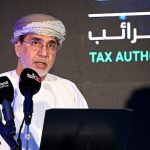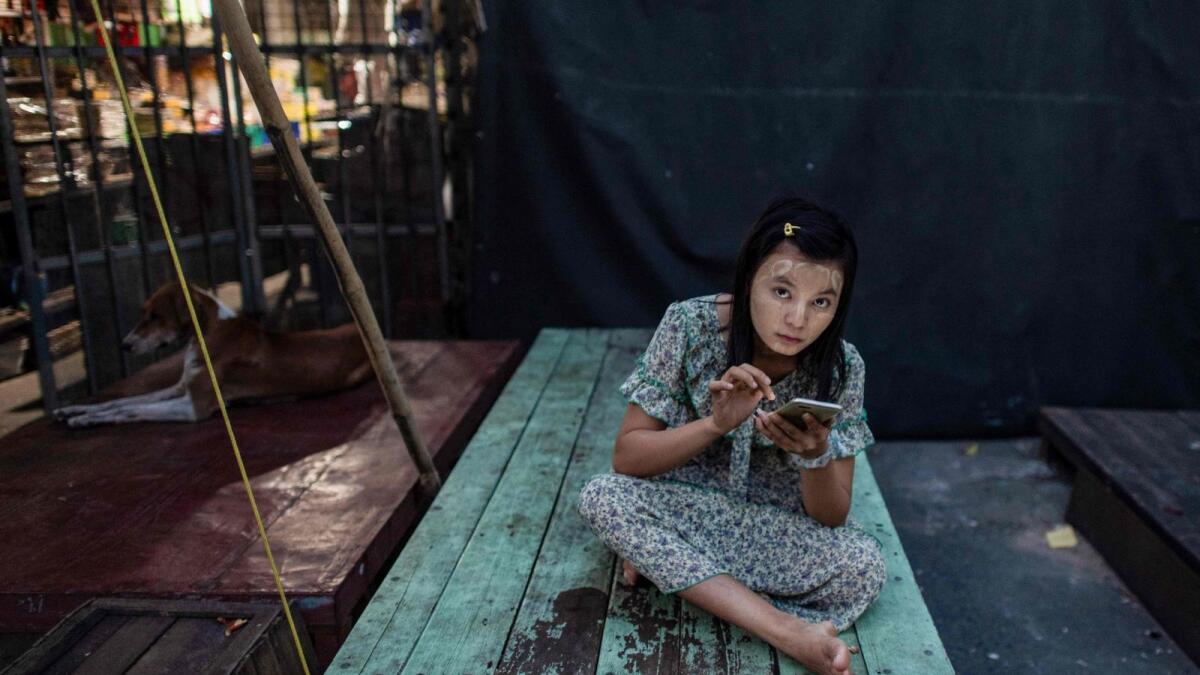The telecom industry group GSMA has announced a global coalition aimed at making smartphones more accessible and affordable for the world’s poorest populations. The coalition will include mobile operators, vendors, and global institutions such as the World Bank Group, the ITU, and the WEF Edison Alliance. Their main focus will be on lowering the cost of entry into the digital economy for low-income populations, particularly in Sub-Saharan Africa and South Asia.
One of the main barriers to getting people online is the affordability of handsets, according to the GSMA. Mobile phones are often the only way for people in low and middle income countries to access the internet, with 38% of the global population living in areas where they cannot use mobile internet due to barriers such as high cost and lack of skills. The coalition aims to improve access to affordable internet-enabled devices to close the “Usage Gap” that is holding back around three billion people worldwide from maximizing their potential in the global digital economy.
By collaborating with various stakeholders, including mobile operators, vendors, and global institutions, the coalition hopes to address the issue of handset affordability and enable more people to access the internet. This initiative is crucial in today’s digital age, where access to the internet is essential for education, healthcare, and economic opportunities. By making smartphones more affordable and accessible, the coalition aims to bridge the digital divide and empower marginalized populations to participate in the global digital economy.
Access to affordable internet-enabled devices is crucial for closing the “Usage Gap” and enabling people in low-income populations to maximize their potential in the digital economy. Mobile phones have become essential tools for communication, education, and healthcare in many parts of the world, and ensuring that everyone has access to these devices is essential for social and economic development. By working together, the coalition hopes to make smartphones more accessible and affordable for the world’s poorest populations, particularly in regions like Sub-Saharan Africa and South Asia.
The coalition’s efforts to improve access to affordable internet-enabled devices are aimed at bridging the digital divide and enabling marginalized populations to participate more fully in the global digital economy. By addressing the barriers to entry, such as handset affordability, the coalition hopes to empower more people to access the internet and benefit from the opportunities it provides. This initiative is a step towards creating a more inclusive digital society where everyone has the opportunity to thrive and succeed in the digital age.
In conclusion, the global coalition announced by the GSMA is a significant step towards making smartphones more accessible and affordable for low-income populations around the world. By collaborating with various stakeholders, including mobile operators, vendors, and global institutions, the coalition aims to address the barriers to entry into the digital economy and enable more people to access the internet. This initiative has the potential to bridge the digital divide and empower marginalized populations to participate more fully in the global digital economy, ultimately leading to greater social and economic development.











